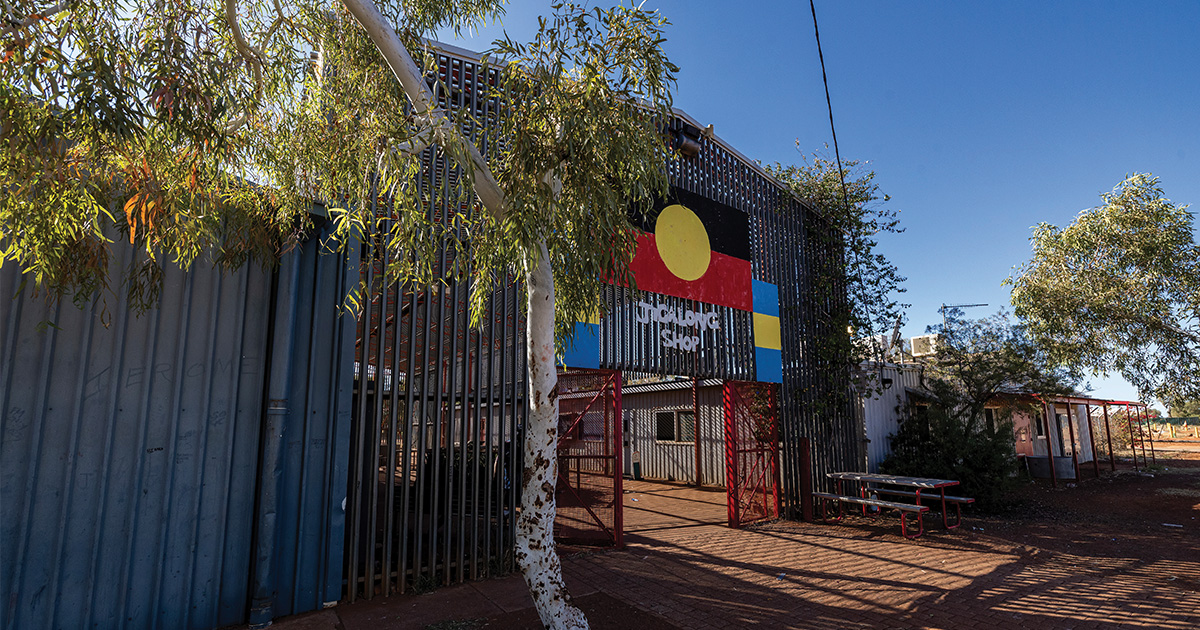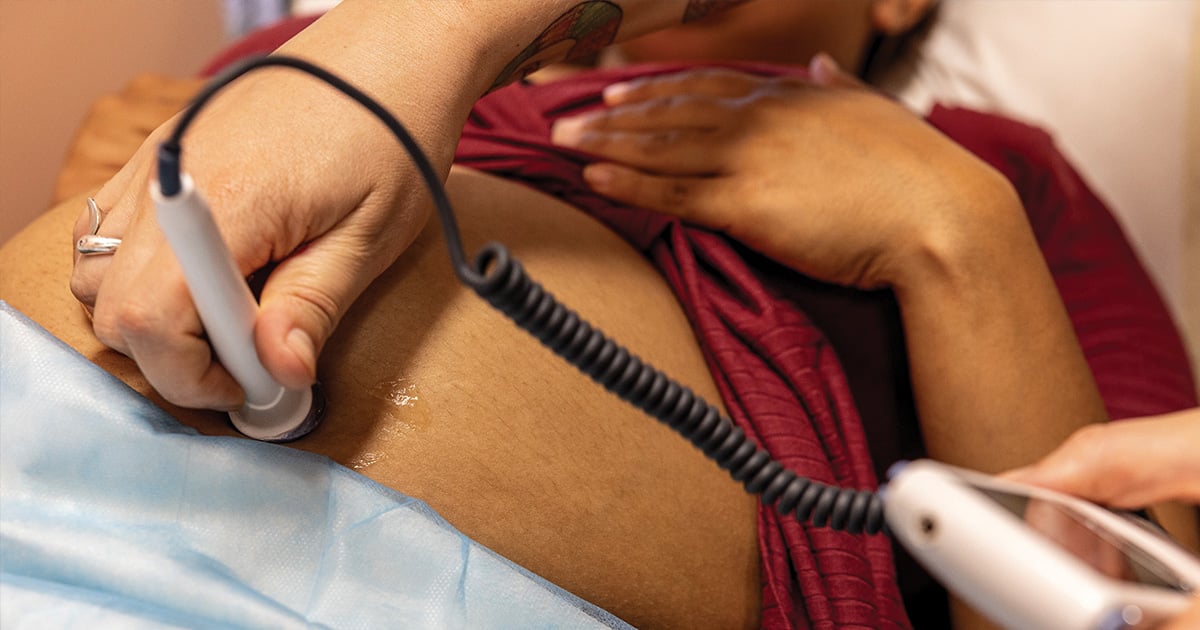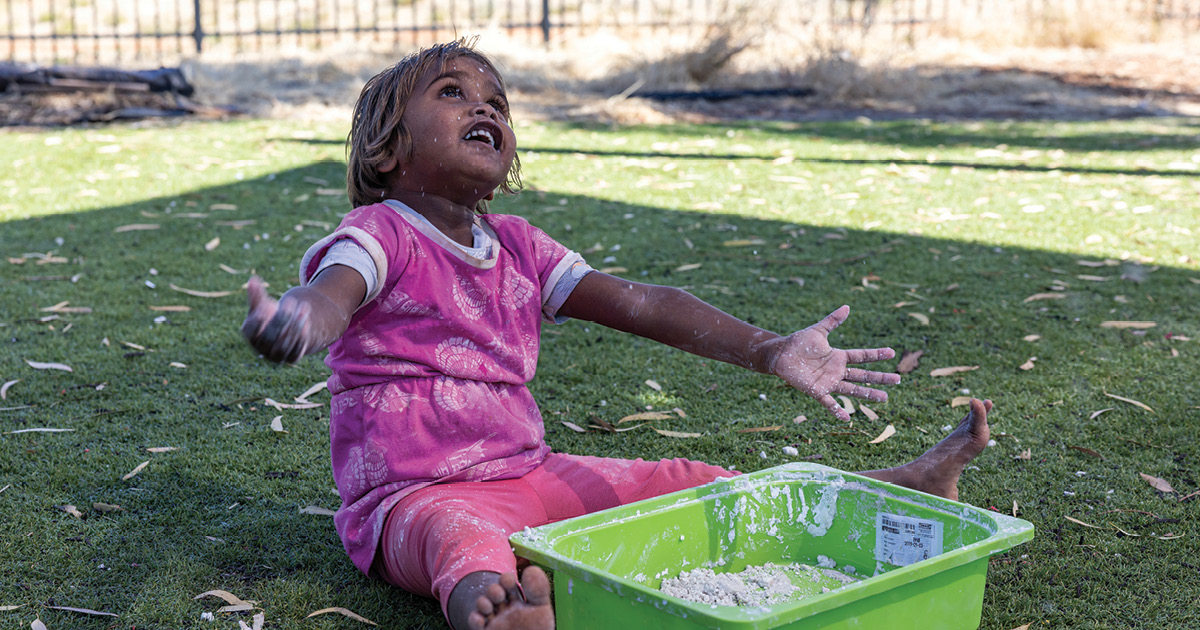A unique initiative is combining research, action and advocacy to deliver evidence- based improvements to the health and wellbeing of Aboriginal families in Perth and Western Australia’s north west.
Journey Together is a ground-breaking partnership between communities, researchers and service providers to develop a deep understanding of what is needed, and what works, to grow strong, healthy kids, and co-design new solutions.
Journey Together co-lead and The Kids Research Institute Australia Director of First Nations Strategy and Leadership, Associate Professor Glenn Pearson, said three priority projects were already delivering on the initiative’s key undertaking to respond to immediate local needs, with each developed in response to urgent community-identified priorities.
“We said at the outset that we wouldn’t wait until the end of the project to start acting on what we learn,” Associate Professor Pearson said. “The communities and services we are partnering with have identified key priorities, and by embedding research into these priorities we are having impact and evolving as we go.” The initiative is in its fifth year of operation.
Kumaparniku Wraparound Services Port Hedland

Imagine trying to get your car fixed when it breaks down and discovering that you have to take it to a different garage to fix each part: one for the brakes, one to replace the windscreen, one to change the tyres – and each of them are in different locations and don’t share information.
That has been the challenge for Aboriginal families in Port Hedland trying to access support services for homelessness, health, education and family relationships.
The Journey Together Initiative collaborated with the Julyardi Aboriginal Corporation to help at-risk families with young children find the support they need and empower them to have confidence in seeking help.
Since its commencement the project has worked intensively with 16 families, enabling them to access services on more than 4,000 occasions.
“As result of this work, these families feel more supported, children’s health needs are taken care of and they are safer, and children are attending playgroup and school,” Associate Professor Glenn Pearson said.
Integrated Paediatric Care model Perth
Indigenous children in Perth with complex health needs are receiving fast-tracked support under a new model that has reduced red tape and is delivering more timely paediatric services.
With a 90 per cent attendance rate by the 200 children taking part in the collaboration with Derbal Yerrigan – Perth’s biggest Aboriginal community-controlled health service – critical diagnoses and interventions are being made earlier in the children’s lives.
Associate Professor Pearson said the initiative provided a paediatric coordinator who supported and engaged families and helped them understand the complicated requirements of the health and social service system.
"As a result children and families are receiving support more quickly, it is more effective and better tailored to their needs, it’s culturally safe and coordinated with their school, and paediatricians’ time is better used so they can see more children.", he said.
Perinatal Care and Early Childhood Development East Pilbara

With limited access to maternity care, women in the East Pilbara are forced to travel 600km to Port Hedland or 1,300km to Perth to give birth.
Now, a partnership with Puntukurnu Aboriginal Medical Service is helping to give newborns in remote communities the best start in life by supporting expectant mothers before and after they give birth, at a time when they are often long distances from their family and support structure.
The program uses culturally secure and evidence-based midwifery care and educates parents on caring for their children.
Next steps
To understand what works for overcoming complex intergenerational poverty and trauma, and to see change, Journey Together intends to continue working with families and collecting data for at least a generation – 20 years – after which participating children may have become parents themselves.

